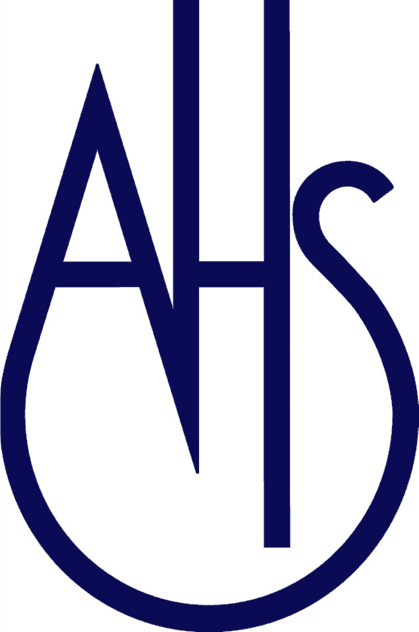At Aylesbury High School we strive to support all students to enable them to achieve their potential at school. Quality teaching is vital: however for some students there are occasions during their school life when additional support may be needed to help them to achieve their targets. We follow the Assess, Plan, Do and Review cycle.
Assess
Students are identified as needing extra support from information such as:
-
- Concerns raised by parents/carers or the young person.
- Information from feeder schools is passed on prior to transfer into Year 7.
- Reading and spelling tests carried out on entry.
- Baseline assessment carried out in the first term of Year 7.
- Assessment data is analysed to identify students who are not meeting their targets.
- Subject staff, form tutors and Heads of Year identify students who are not meeting targets or whose progress is slower than expected.
- Assessments are carried out by a qualified specialist teacher on identification of students with suspected dyslexia or similar difficulties. If other specific learning difficulties are suspected then other external agencies may be involved.
Plan
-
- In consultation with the student and parent/carer, a one page profile is written by the SEND team; these are reviewed regularly. They are accessible by all teachers and updates are notified to all personnel involved with the student.
- If relevant information suggests that a student has Dyslexia, they will be provided with the opportunity to undertake a screening via Lucid Exact.
- If further support is deemed necessary, the SENDCo will work with the student and their parents to discuss further provision. In some cases this will take the form of requesting an EHCP.
Do
-
- Our SEND team provide bespoke interventions, tailored to the needs of individual students.
- Please see here for more information.
Review
- We promote inclusion to include children/young people with special educational needs or disability (SEND) both inside the classroom and during co-curricular activities and trips.
- Risk assessments are carried out and procedures are put in place to enable all students to participate as far as possible.
- Termly data and information from subject teachers, parents and most importantly, the student is all used to assess the effectiveness of the provision and the progress of students with SEND.
- Teaching staff are given training on strategies to use in the classroom with students who have specific needs.
- The SEND provision at Aylesbury High School is on an individual needs basis. In line with national guidance provision is graduated into three types of response:
First Referral interventions are those put in place by the class teacher as part of good teaching practice. This may include the student’s seating position, groupings, giving scaffolding to help with particular work, certain types of questioning, adjustments to homework, adjusting the task, environment or level of support to meet the student’s needs.
Second Referral interventions are those offered at subject department level e.g. attendance at a maths lounge, a subject buddy.
Third Referral interventions include input from the Additional Needs Coordinator (SENDCo), Student Welfare Coordinator and/or external agencies such as the Educational Psychology Service, Specialist Teaching Service etc. At this stage students would be placed on the SEND list. Parents are contacted and kept informed of all support at the third referral.




